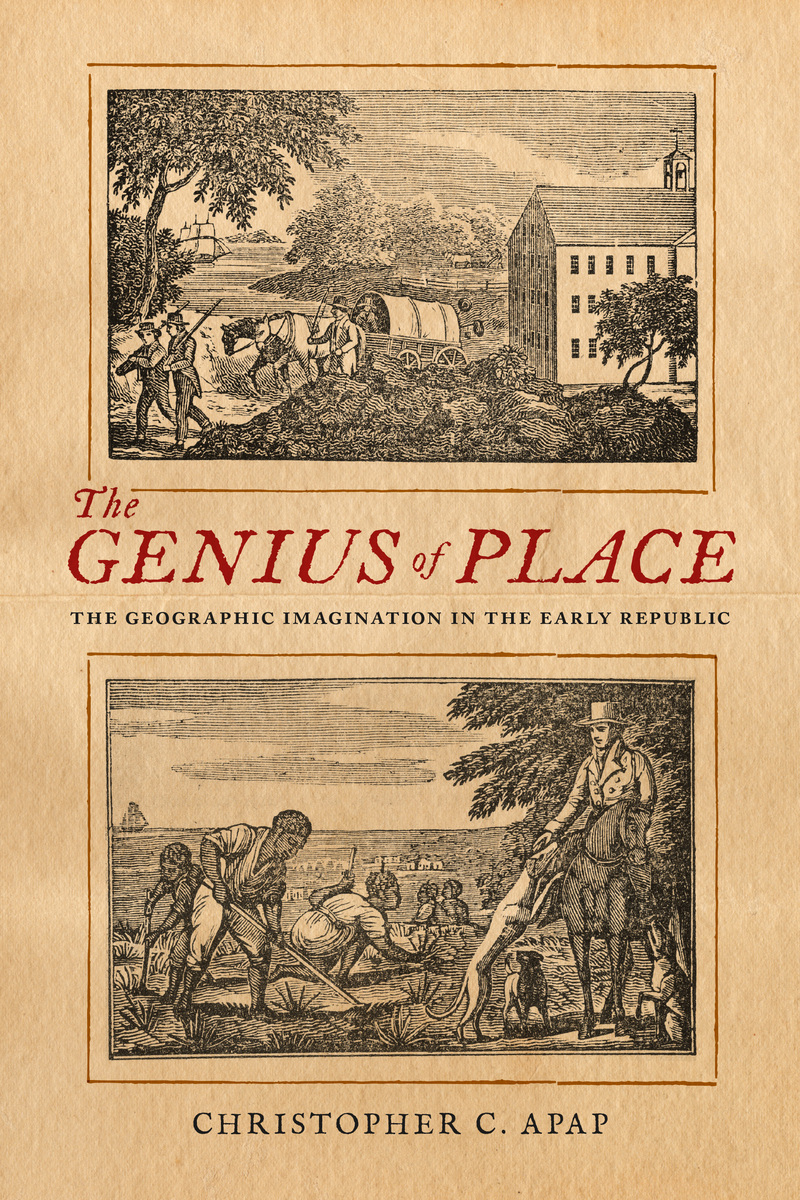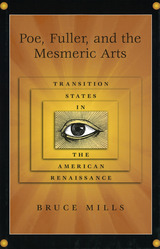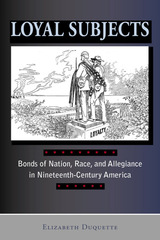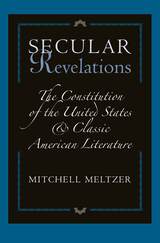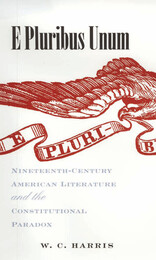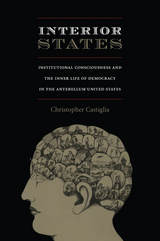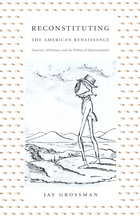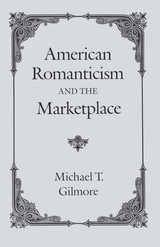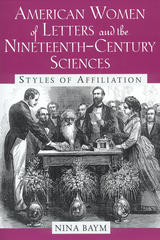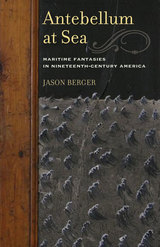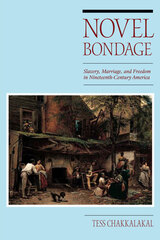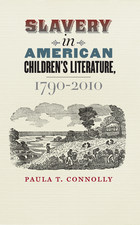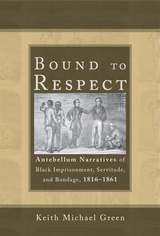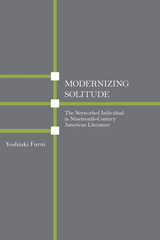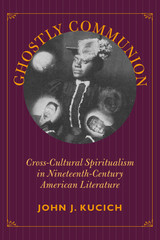The Genius of Place: The Geographic Imagination in the Early Republic
University of New Hampshire Press, 2016
Cloth: 978-1-61168-883-2 | Paper: 978-1-61168-884-9 | eISBN: 978-1-61168-926-6
Library of Congress Classification PS217.R44A63 2016
Dewey Decimal Classification 810.932
Cloth: 978-1-61168-883-2 | Paper: 978-1-61168-884-9 | eISBN: 978-1-61168-926-6
Library of Congress Classification PS217.R44A63 2016
Dewey Decimal Classification 810.932
ABOUT THIS BOOK | AUTHOR BIOGRAPHY | REVIEWS
ABOUT THIS BOOK
The Genius of Place examines how, after the War of 1812, concerns about the scale of the nation resulted in a fundamental reorientation of American identity away from the Atlantic or global ties that held sway in the early republic and toward more localized forms of identification. Instead of addressing the sweep of the nation, American authors, artists, geographers, and politicians shifted from the larger reach of the globe to the more manageable scope of the local and sectional. Paradoxically, that local representation became the primary mode through which early Americans construed their emerging national identity. This newfound cultural obsession with locality impacted the literary consolidation and representation of key American imagined places—New England, the plantation, the West—in the decades between 1816 and 1836.
Apap's examination of the intersections between local and national representations and exploration of the myths of space and place that shaped U.S. identity through the nineteenth century will appeal to a broad, interdisciplinary readership.
Hardcover is un-jacketed.
Apap's examination of the intersections between local and national representations and exploration of the myths of space and place that shaped U.S. identity through the nineteenth century will appeal to a broad, interdisciplinary readership.
Hardcover is un-jacketed.
See other books on: Genius | National characteristics, American, in literature | Nationalism in literature | Place | Regionalism in literature
See other titles from University of New Hampshire Press
